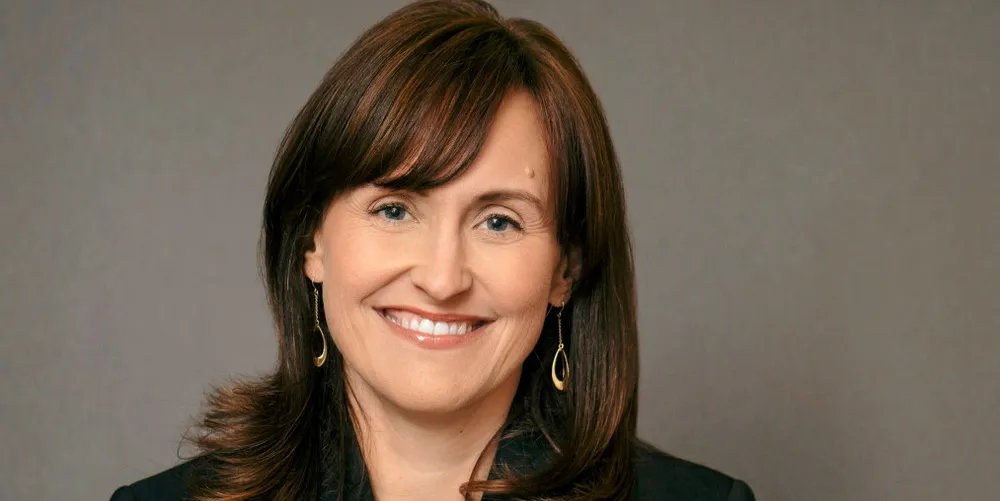'Double BOEM's resources': US industry body chief calls for offshore wind step-up
American Clean Power Association CEO Heather Zichal tells Congress environmental reviews of projects construction and operation plans must jump ten-fold

American Clean Power Association (ACPA) CEO Heather Zichal has called on US Congress to earmark significantly greater funding for the Bureau of Ocean Energy Management (BOEM) and other cooperating federal agencies to speed environmental reviews for major offshore wind projects necessary to meet the new goal of having 30GW of plant turning by 2030.
Green is the new black. Subscribe to Accelerate
Get the market insight you need into the global oil & gas industry's energy transition – from the new newsletter from Upstream and Recharge. Sign up here
Zichal told lawmakers that the offshore wind industry is on the verge of becoming a substantial source of clean energy close to the largest population centres on the US east and west coasts, adding that achieving the national target would support a minimum $25bn in annual economic output and 83,000 jobs.
“In order to meet state and federal climate and economic goals, the offshore wind industry needs a fully-resourced BOEM, transmission planning, long-term permitting certainty, and more lease areas,” she said.
While the bureau is the lead federal regulatory agency for the industry on the outer continental shelf (OCS), cooperating agencies such as the Fish and Wildlife Service (FWS) and National Oceanic & Atmospheric Administration (NOAA), also need increased resources to keep up with sector goals, Zichal told the Natural Resources Subcommittee on Energy and Mineral Resources.
“Congress must increase appropriations for these agencies to better understand impacts, deliver critical scientific data, and ensure that commercial and recrecreational fisheries management is adequately supported,” she said.
Specifically, NOAA’s Fisheries division needs additional resources to update and calibrate core fisheries and protected resource surveys, representing collectively 314 years of total survey effort, to offshore renewable energy development.
“The offshore wind industry seeks to co-exist with all ocean users, and increased resources are needed at agencies such as NOAA and FWS to keep up with dramatically increased workloads,” she said.
Elsewhere, ACPA supported a bill introduced in the House by majority Democrats that would remove an upcoming ten-year moratorium on new energy leasing on the federal OCS along Florida, Georgia, and North and South Carolina.
While there is political support in both Carolinas for at least some offshore wind development, that is not the case thus far in Florida and Georgia. Trump’s executive order would not impact existing energy leases.
The US’ National Renewable Energy Laboratory estimates there is a 2TW offshore wind resource – equal to twice the nation’s current electricity use – flowing over the country’s Pacific and Atlantic oceans.